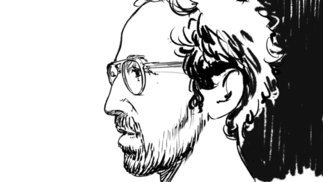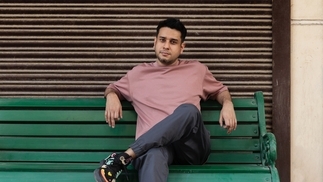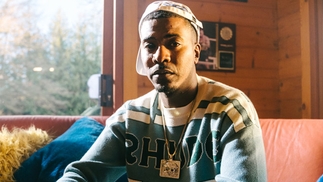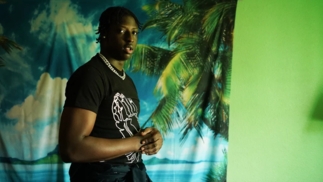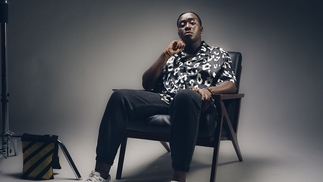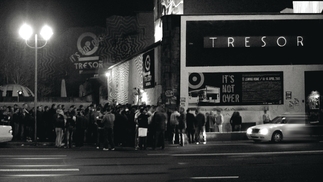'90s UK rave film, Beats, portrays the rush of coming of age on the dancefloor
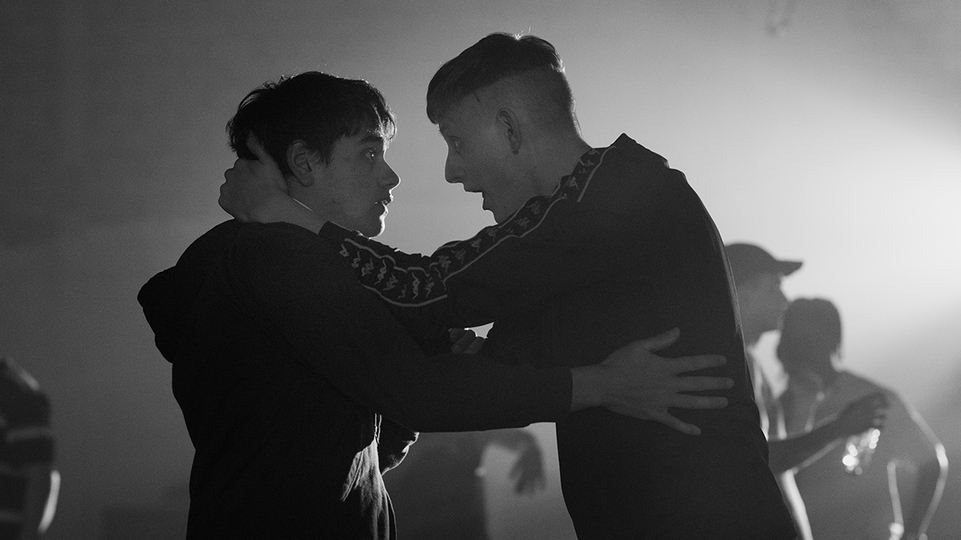
Brian Welsh's new film, Beats, captures the excitement of those early rave days, without resorting to cliche or over-the-top nostalgia
Beats, the new film from director Brian Welsh, tells the tale of two Scottish teenagers attending their first rave in 1994, just as the Conservative government are cracking down on the free party scene. It’s set on the brink of passing the Criminal Justice & Public Order Act — which infamously banned large gatherings around “sounds wholly or predominantly characterised by the emission of a succession of repetitive beats”.
But while the timeframe of the film grounds it, provides a basis for its counterculture sentiment — even potentially makes it more appealing to audiences, given the current obsession with all things ‘90s amongst the music and fashion scenes — it’s not essential to have been there at the time to understand the themes involved. Sure, the markers are there — the TV clips of Tony Blair, the pirate radio, the cars and the clothes. But it’s not the focus — the costumes, especially, never feeling forced into the spotlight as with other ‘period’ pieces.
Beats is a coming-of-age story that works regardless of (post-rave) generation. Teenagers finding their way in the world. Best friends struggling to deal with change. The excitement of drugs, sexual awakening and being part of something bigger than oneself. These are themes we can all relate too. Played by Lorn Macdonald (loose cannon with a heart of gold, Spanner) and Cristian Ortega (shy lad coming out of his shell, Johnno), the dynamic between the main characters is instantly believable thanks to their real-life friendship; the only real criticism being the fast pace of the film means our own emotional investment in that friendship wasn’t particularly high before it comes under attack.
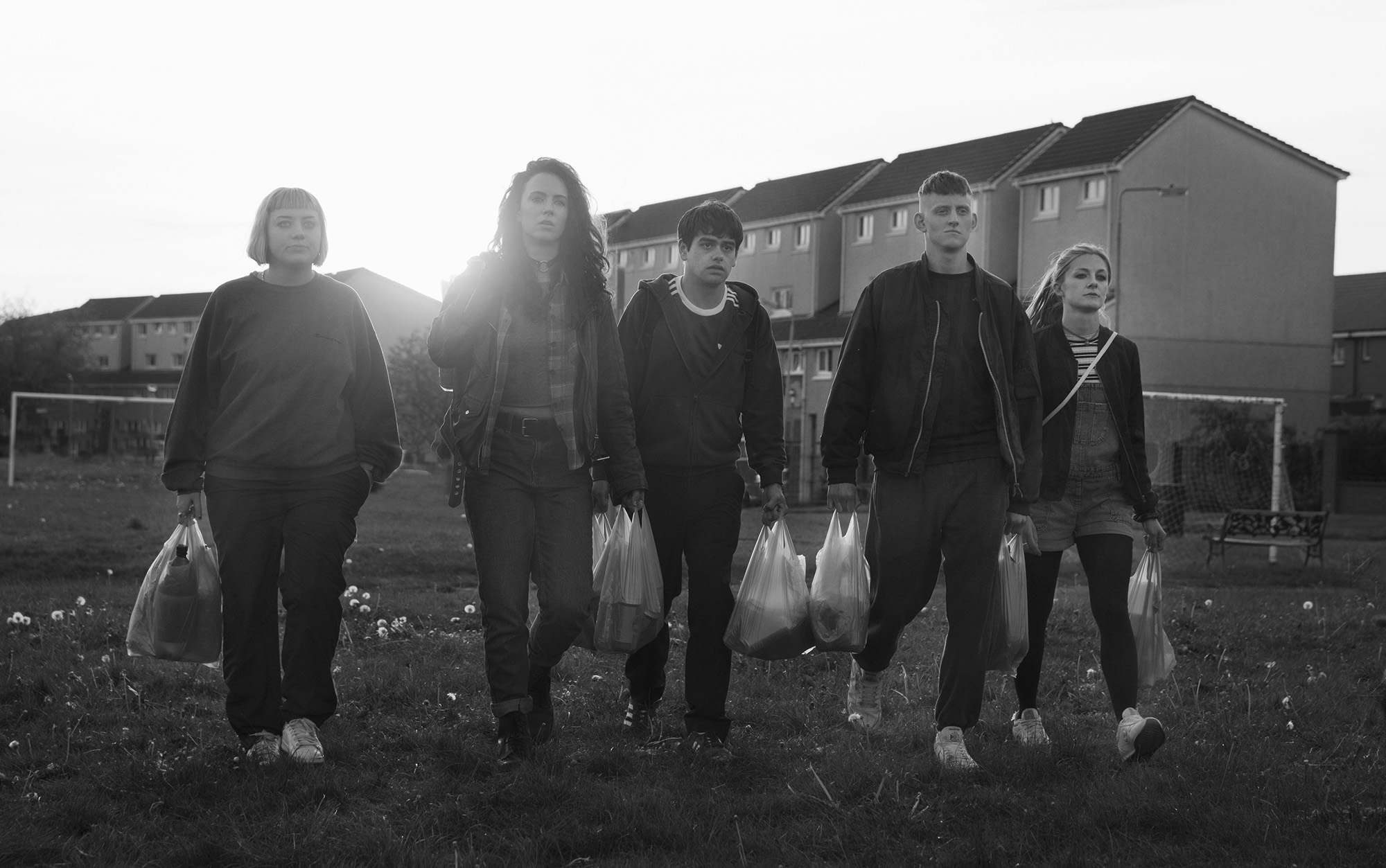
And for dance music fans in particular, the film could be a reflection of moments in countless lives — those nights when you’ll do anything and everything to get to the party. Not to mention the incredible soundtrack, put together by Optimo’s JD Twitch, a veteran of the Scottish dance music scene, who mixes of-the-era classics like ‘Dominator’ by Human Resource and Orbital’s ‘Belfast’ with more modern offerings from Hudson Mohawke and Francesco Tristano.
Though not necessarily "pro-drugs", Beats certainly isn’t anti either. The film contains one of the best representations of those early experiences with ecstasy ever presented on screen: the blinding lights of dilated pupils, the freight-train rush; the sequence even losing itself in the psychedelic visuals of the rave. Macdonald’s gurn is so epic, even, we wouldn’t be surprised to find out he went full method.
Meanwhile, it also recognises that, while being fully supportive of them, anti-establishment messages can often come from less-than-trustworthy sources — in this case, Ross Mann’s brilliant dreadlocked, acid-dropping pirate radio DJ, D-Man.
But above all, Beats is so realistic because its final message is that we all move on. An unexpected climax and final credits notes reflect how fleeting these seemingly significant moments of youth can be, how life tends to find its own way. But also, that that’s ok.
